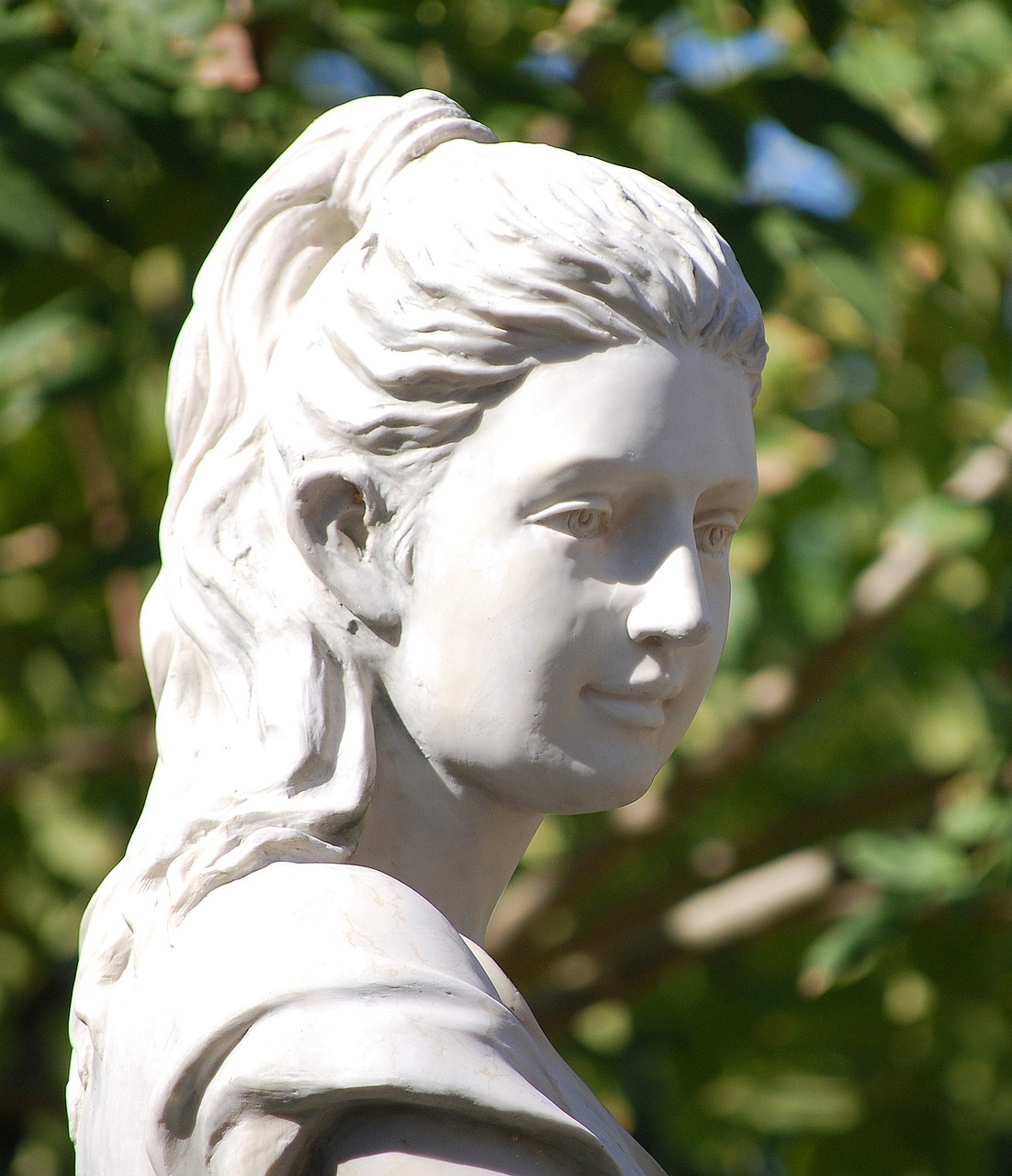Roman religion, or Roman mythology, encompasses the beliefs and practices of the inhabitants of the Italian peninsula from ancient times until the rise of Christianity in the 4th century CE, during an era referred to as Classical antiquity. The orator and politician Cicero suggested that the Romans had a distinct wisdom that led them to understand that all things are governed by the deities’ rule and guidance. Unlike many other religious systems that center around divine grace, Roman religious practices were founded on the concept of mutual trust (fides) between the gods and humans. The primary objective was to secure the favor, goodwill, and ‘peace’ of the deities (pax deorum), which the Romans believed would enable them to navigate the mysteries of the world that they found both awe-inspiring and intimidating (religio), thereby allowing them to thrive.
This framework gave rise to a series of rules known as jus divinum, or divine law, which dictated behaviors to be followed or avoided. For centuries, these guidelines lacked a moral dimension, focusing chiefly on ritual correctness. Roman religious practice placed substantial emphasis on ceremonial acts, viewing them as sacrosanct traditions. The attention to detail in Roman ceremonies was so pronounced that, when stripped of later additions, traces of ancient beliefs can still be detected. This focus highlights a contrast with Greek religious beliefs, where remnants of earlier thought are often deeply intertwined with more abstract divine concepts. The Greeks, having documented their beliefs well before the Romans, developed sophisticated and daring interpretations of divinity and humanity’s relationship to it. In contrast, Romans exhibited a more systematic and legalistic approach to their spirituality, retaining older practices for a much longer period.
The Greeks’ influence on Roman perceptions of the divine became apparent over time, particularly due to the Greeks’ affinity for depicting their gods in human forms and crafting detailed mythologies. However, true Roman mythology is scarce; archaeological discoveries, particularly in the Etruscan region, validate some mythological elements among early Italians. Still, Roman mythology is characterized by a prominent absence of originality, primarily recycling nationalistic or familial tales with Greek mythological embellishments. Notably, Roman religion lacked a formal creed; as long as a Roman performed the proper religious rituals, personal beliefs about the gods remained flexible. The absence of a creed also tempered emotional expression during worship.
Despite the ancient elements that are easily identifiable, piecing together the trajectory and evolution of Roman religion is complicated. The main literary sources—antiquarians such as Varro and Verrius Flaccus in the 1st century BCE, as well as poets from the late Republic and the time of Augustus—produced their works 700 to 800 years after Rome’s inception. Their interpretations were inevitably skewed by the introduction of Greek methodologies and myths, which led to inaccurate depictions of Rome’s distant past. Scholars often depend on surviving religious calendars, inscriptions, and a wealth of material found in coins, medallions, and artworks to gain insight into these ancient practices.
Early Roman Religion
The earliest practices can be gleaned partly from archaeological discoveries, though these findings are often insufficient for a complete reconstruction of archaic Roman religion. Evidence suggests that during the 1st millennium BCE, farming and shepherding communities, such as the Latins from the Alban Hills and the Sabines, began settling in the region, forming villages in Rome. By around 620 BCE, these communities combined, resulting in the creation of the Forum Romanum as a central meeting and market space by approximately 575 BCE.
Deification of Functions
From the early records, it appears that the Romans, akin to other Italian cultures, regarded divine forces as manifesting through specific functions and activities, ranging from mundane tasks like childbirth to celestial events such as the sun’s movement and seasonal changes. They expressed reverence toward routine events affecting human existence as well as unique phenomena, such as miraculous occurrences that provided guidance during crises. This led to a form of “religious atomism,” where numerous deities were assigned to distinct aspects of life with functionality tightly defined. The proper invocation of these deities required accurate naming; knowing a deity’s name was deemed crucial for gaining divine attention. To cover all bases, it was often safer to refer to a deity as “unknown” or to use flexible phrases regarding their names.



